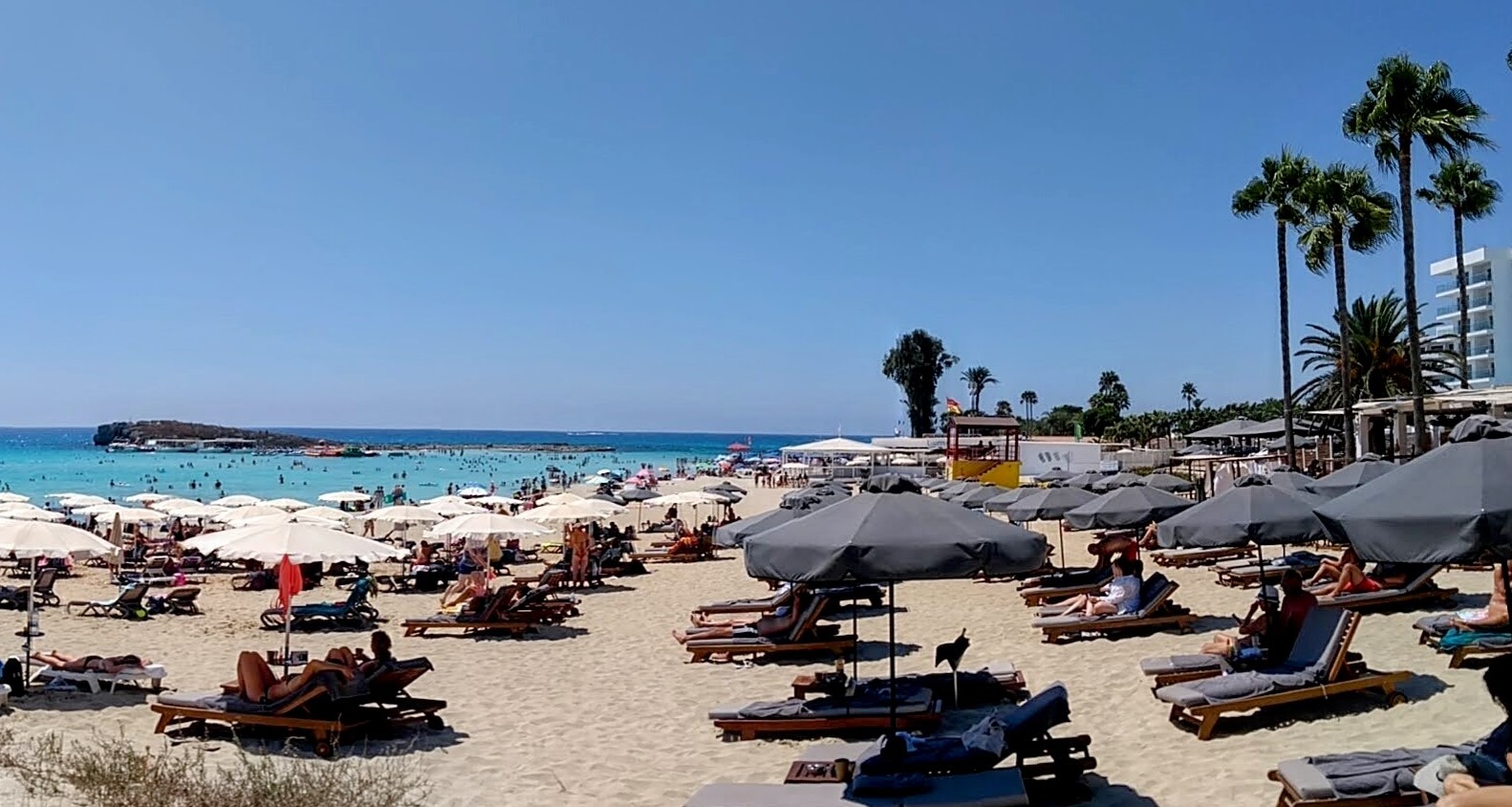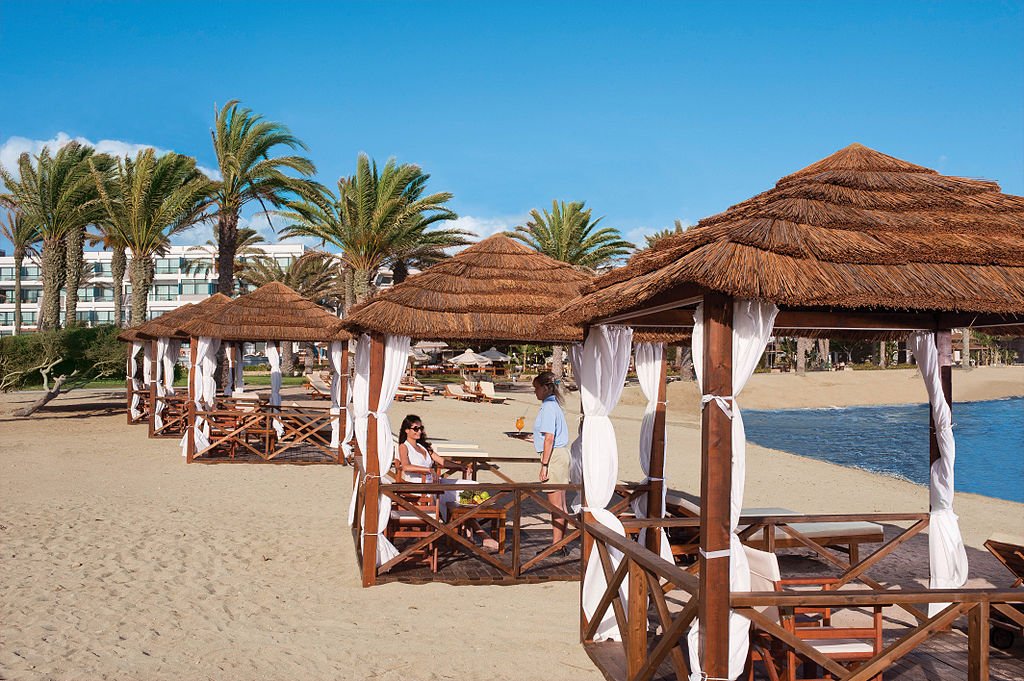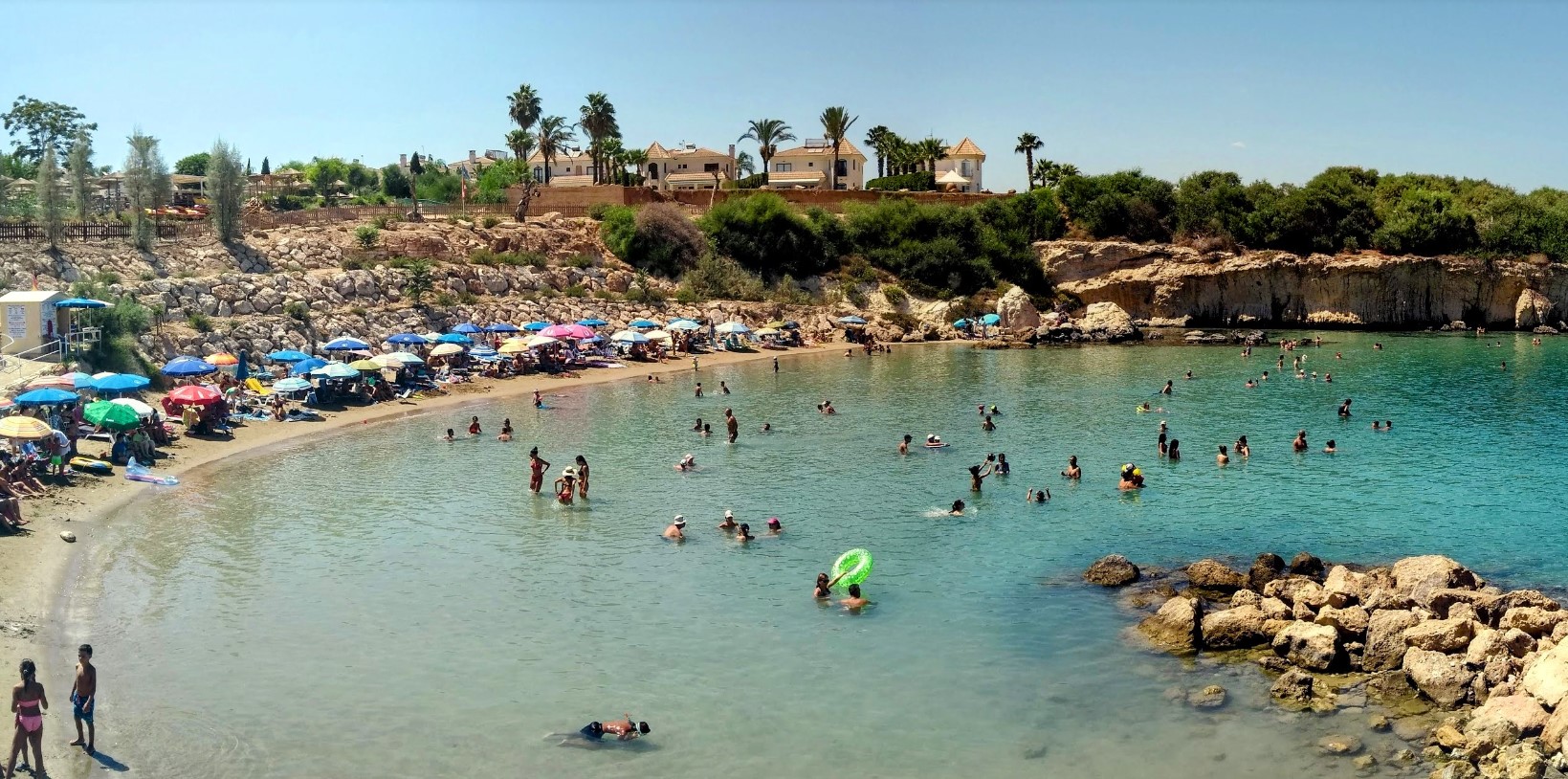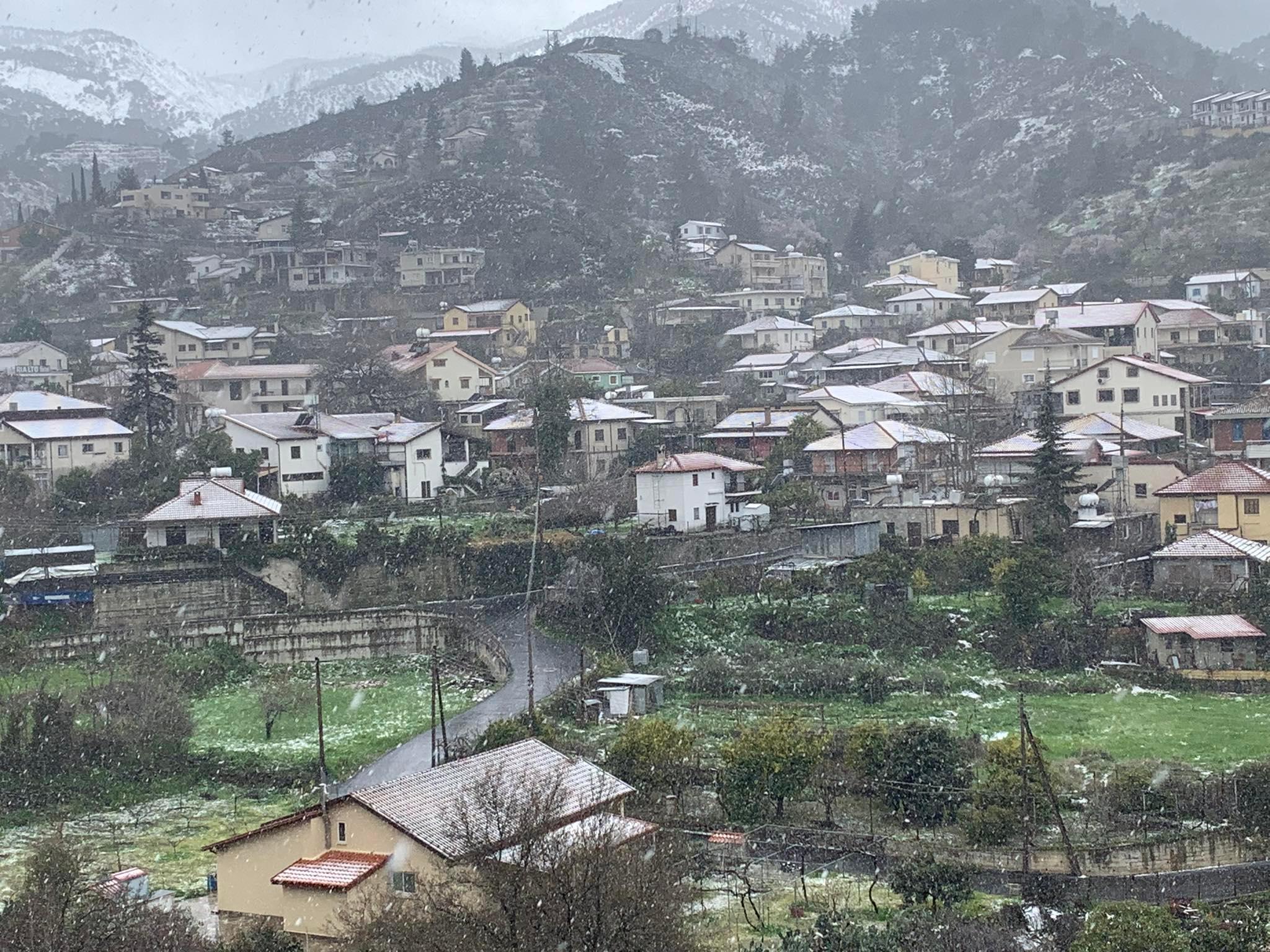Cyprus tourism dented by rising costs, shorter stays — winter product missing

Tourism revenue in recent years, despite its high levels, has decreased compared to previous decades when adjusted for inflation, according to the Association of Cyprus Tourist Enterprises (Stek).
During a press conference held this week, Stek presented its long-standing positions on tourism issues, along with suggestions for developing a strategic plan to address the industry’s long-term problems.
In her presentation, Stek general manager Chrisemily Psilogeni provided data showing that, when adjusted for inflation, revenues recorded in 2023 are lower than those in 2001, a landmark year for the sector, which marked the peak contribution of the tourism industry to the local economy.
According to the data, 2001 saw 2.7 million tourist arrivals with revenues amounting to €2 billion. In 2023, arrivals reached 3.8 million, with revenues amounting to €2.9 billion.
For example, it was noted that the per capita tourist expenditure in 2001 was €73 per day. Adjusted for inflation, this figure should be €109 today. However, in 2023, the per capita expenditure reached only €90.
According to Stek, one reason for the decline is the change in the quality of tourists. In 2001, there were many repeat tourists, with an average stay of 10.3 days.
However, by 2023, the average stay had decreased to 8.6 days. This 18 per cent drop in the duration of tourists’ stays is also reflected in their corresponding expenditures, the association said.
Additionally, Stek reported that the costs of the tourism industry have risen. Specifically, the average wage cost as a percentage of hotel income was approximately 28-30 per cent in 2001, compared to 35-38 per cent today.
Similarly, energy costs were around 4.8-5.2 per cent of hotel income in 2001, whereas now they exceed 10 per cent.
Another issue highlighted by Psilogeni is Cyprus’ heavy reliance on specific markets. Historically, one or two markets account for over 50 per cent of arrivals, creating dependencies that pose risks.

In 2001, more than 50 per cent of tourists came from the United Kingdom. In 2019, a record year for arrivals, over half of the tourists were from the United Kingdom and Russia (33 per cent and 17 per cent, respectively), while in 2023, they were from the United Kingdom and Israel (35 per cent and 11 per cent).
Stek stressed the necessity of diversifying target markets, particularly with those that can provide significant numbers of tourists.
Moreover, the association also mentioned the need to expand the tourism product into the winter months. According to the presented data, the average annual occupancy rate of 3, 4, and 5-star hotels is 56.6 per cent (2023), as many are closed during the winter.
In this context, the association highlighted the disparity in occupancy rates between summer and winter months.
According to 2023 data, during the summer, occupancy reaches 82 per cent, while during the winter, it drops to 17 per cent.
“We do not have a tourism product for the winter,” Psilogeni said.
“If we do not create one, all stakeholders will keep saying the same thing every year,” she added.
Moreover, she stated that Stek has made suggestions to the government but is asking for a timeline with specific outcomes, based on dialogue with all stakeholders.
As noted during the meeting, reducing seasonality issues would benefit other regions which are currently underdeveloped.

Green Transition
Stek representatives also mentioned that hotels have taken steps towards green transition by installing photovoltaics on their premises.
However, they said that these are not sufficient to meet their needs, and they are asking the state to allow a project, funded by hoteliers and the government, to serve numerous hotels.
They also expressed dissatisfaction that Stek was not informed by the state about the specifications that public buildings must meet for the green transition, following EU guidelines.
Additionally, they stated that from this year, ESG factors are considered for funding, meaning that businesses not compliant will not have access to loans.
Short-term rentals
Psilogeni also touched on the issue of short-term rentals, saying that “para-hospitality” has been a concern for Stek since 2006, and specific suggestions have been made on the matter.
She mentioned that 37 per cent of available beds in Cyprus come from short-term rentals.
Moreover, according to data collected by Stek, approximately 15,000 properties were advertised for short-term rental in areas controlled by the Republic of Cyprus in June 2024, while only 7,200 properties are registered with the Deputy Ministry of Tourism.
These accommodations, the association said, are not just competing with hotels, but also increase rental costs for locals, contribute to the housing shortage, and change the local character of cities.
The association mentioned the example of other major tourist destinations such as Paris, Barcelona, and Amsterdam, where measures have been taken to limit the use of short-term rentals, in the style of Airbnb.
Stek’s suggestions on the issue include limiting the number of days a property can be rented to 90 days per year.
The association also proposed banning the practice in city centres where there is a housing shortage, making the payment of a tourist accommodation fee mandatory, as is the case with hotels, and adopting safety and health regulations.
Finally, the association suggested collecting statistical data on these accommodations to provide an accurate picture of overnight stays in Cyprus and monitor incomes for tax purposes.

Strategic planning
Psilogeni also said that creating a strategic plan for tourism is crucial for Stek. The association called for studies on the profile and development prospects of target markets, as well as the specific interests of each market.
These studies, she said, will lead to the strategic planning of each district and each form of alternative tourism and will be supported by targeted campaigns to promote Cyprus.
Furthermore, she stated that a study is needed to identify and develop targeted incentives for boosting tourism in less developed areas.
She also highlighted the potential for promoting specific forms of tourism in these regions, particularly during the summer months when there is a high concentration of tourists in popular destinations.
Finally, the association proposed creating multi-year plans for incentives to open up tourism in the winter months, involving the entire chain of tourism businesses, including accommodation, airlines, transport, catering, and theme parks.
